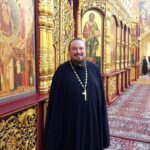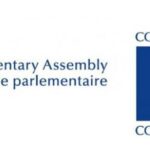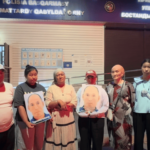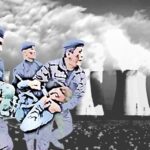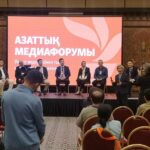Despite all efforts of human right activists and statements of the authorities about their readiness to comply with international standards, situation with human rights in
Investigations carried out by the authorities and trials of participants of those events have provided no answer to concerns of the community. Thus, the authorities have demonstrated to the local and international community their incapacity and unwillingness to adequately respond to the nation-wide tragedy. Trials of oil workers and political activists were declared by a lot of organizations as incompliant with international standards of independent, objective justice; despite numerous statements of defendants about tortures applied to them thе issue of tortures has been ignored by justice. Outlawing activities of Alga! party and Halyk Maidany movement, declaring a set of mass media and internet resources as extremist ones that followed trials have even more increased assurance of a political component in Zhanaozen process.
Elections to the Mazhilis of the Parliament of Kazakhstan after Zhanaozen events have failed to ensure progress as despite presence of two more parties in the Parliament along with presidential Nur Otan key observer of those elections, i.e. OSCE ODIHR, has drawn conclusion that ‘absence of opposition candidates and pro-active political discussion have entailed formation of uncompetitive environment.’
All diseases that have been inherent in
2012 has stuck in memory by a set of explosions and attacks against policemen labeled by the authorities as terrorist ones. In a number of cases criminals suspected in preparing acts of terrorism were disposed of on-site which looked like extrajudicial punishment. These actions of security officials absolutely inadequate from viewpoint of legality deprive both authorities and community of a right to receive answers about reasons, purposes and targets of those crimes. In this regard, adoption of a new draft law to introduce amendments to the Law on Anti-terrorist Measures causes concern since such amendments define as terroristic actions not only violent but also ‘other’ actions and therefore entitle the authorities for carte blanch in prosecuting dissidents. A number of charges with inciting social discord, i.e. one more article in the Criminal Code where vague formulations make it possible to bring to justice any protesting groups or individuals, prove that such interpretation will be likely used.
Separately one can mention events on Arkankergen frontier post where 15 border guards were killed. Accusations of one survived soldier that rests on an investigation full of irregularities in judicial proceedings, logical discrepancies as well as trial with an openly criminatory bias have divided the community into two camps with the bulk not trusting an official lead of the tragedy. It is a quite logic response to all preceding actions of security agencies that enjoy drastically less and less confidence of the population.
Following adoption of the Law on Religions in
Unfortunately, attacks against journalists and trials of mass media accused of libel and inciting social discord where one can see desire of officials to shut down undesirrable mass media now sprout like mushrooms after the summer rains. This practice has been displayed in prosecution against newspapers the Ural Week, Republic, Vzglyad, Guljan.org Internet website, Stan-TV TV channel. Overall, more than 20 mass media have been closed down. Continuous efforts of the authorities to legislatively limit access of the population to different internet resources, including social networks, also trigger concern.
In the field of observance of freedom of peaceful meetings everything remains unchanged. Intention announced by the General Prosecutor’s Office to pass a new law on peaceful meetings has remained an intention, while
Human right activities pinned their hopes on implementation of 2009-2012 Nationwide Human Rights Action Plan by the state. However, experts indicate that target for 13 major sections related to civil and political rights and freedoms has been only 17% implemented. These mainly include scheduled arrangements and adopted legislative initiatives that contributed almost no changes to the practice.
Creation of the National Preventive Mechanism (NPM) has been discussed in the country for several years, however tortures highlighted in the National Action Plan have remained routine practice in custodial establishments and security institutions. NPM has not been introduced, while a draft law significantly restricts its scope and powers of its participants, narrows types of establishments accessible for independent monitoring. Adoption of such law will not ensure solution of a task of efficient prevention of tortures.
Regrettably, nothing has been made to bring institution of Ombudsman in line with
Meanwhile, among positive moments it is possible to mention that authors of 2011 Human Rights Report in the
Along with that, it is necessary to point out that this year
It is clear that the situation will not improve by year-end and this means that the year 2012 will remain a year of continuous violations of human rights and freedoms in the country. This also means that in new 2013


